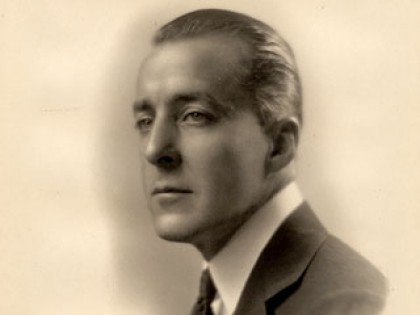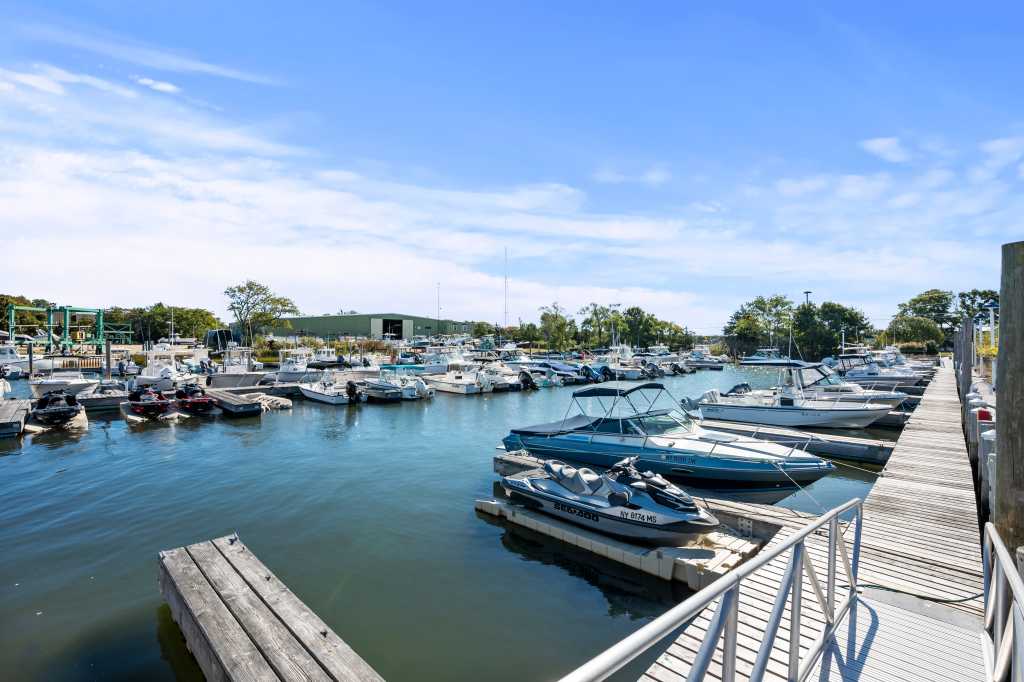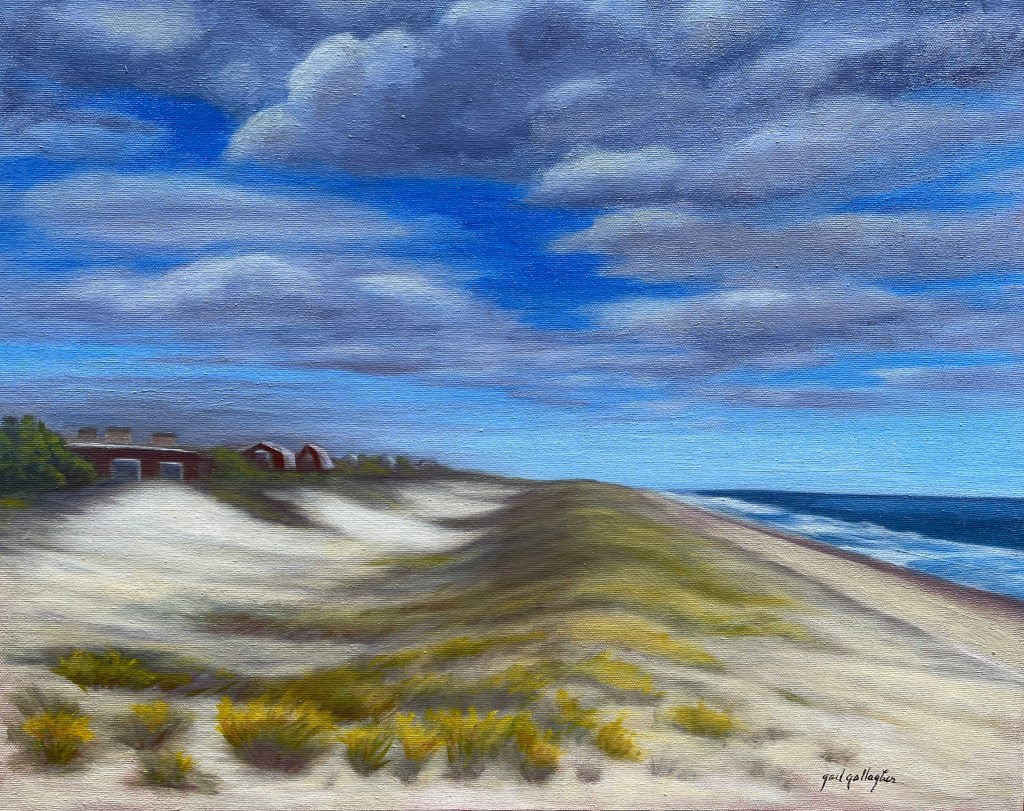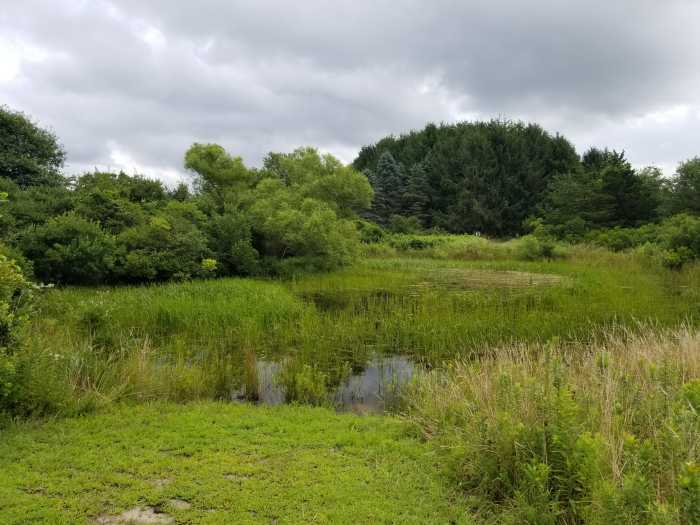Saving The Black Duck Lodge

For nearly 30 years the sprawling white colonial with the green shades, located in Hubbard County Park in Flanders, has been left empty, awaiting the slow inevitable decay of time.
The Black Duck Lodge is well known and well remembered as being the hunting and fishing retreat of well-to-do financier Edward Francis Hutton, founder of the E.F. Hutton brokerage firm.
Since Suffolk County acquired this property in 1971, the home has been left abandoned, subject to numerous counts of vandalism that have left the interior in a decimated state of disrepair.
However, the county has made the next step.
Last December, Suffolk County Legislature, Wayne Horsley of Suffolk County’s 14th district, proposed and passed a pilot program that aims at preserving five historic sites, which are chosen by the county parks department’s historic services division.
Horsley is well aware that the lodge is in desperate need of private-public collaboration not just to repair the home, but to bring this “historic splendor” back to life.
The pilot will not require taxpayer dollars to fund these sites, but rather seek private parties, a method of reconstruction that has worked well in Maryland and Massachusetts, to pay for the reconstruction. In return, the county will sign long-term, low-cost leases for use of the properties.
Horsley acknowledges that this is no small or quick-minded investment, but if the investor or investors “want to put the monies in their rent will basically be free for many years.”
The five sites selected by the Suffolk County Park’s Department Historic Services include the Elwood Schoolhouse in Elwood, the Commerdinger Homestead in Nesconset, the Robinson Duck Farm Home in South Haven, the Seven Oaks-Davis House in Manorville and the Black Duck Lodge in Flanders.
“If we don’t do anything,” Horsley said in a statement about the Black Duck Lodge and other county structures in need of repairs, “they will fall down. This way, everyone wins. The taxpayer wins as well.”
The Seven Oaks-Davis House in Manorville was built back in 1820 and is famous for its location, as it sits on what was once one of Long Island’s largest cranberry bogs. Like the Black Duck Lodge, the house has received a recent roof replacement to prevent a full collapse, though the property still needs additional restoration.
Two years ago, the county spent approximately $400,000 on exterior renovations on the Black Duck Lodge, which was built by the Hubbard family in 1838 and then later expanded in the 1900s by Hutton, where it functioned for many years as a private hunt club strictly for his closest friends.
But as Horsley reminds people, the interior is in a state that requires a complete make over. Although it gives the future buyer the possibility of reconstructing the inside to his or her own need.
The estimated cost of a proper reconstruction will run around $3 million. There are outer buildings on the property that have fallen down and are deemed not repairable.
Horsley, who has a Doctorate Degree in Modern World History from St. John’s, believes in preserving pieces of Long Island’s history. When referring to the Black Duck Lodge, Horsley said it could be a catering hall or a bed and breakfast, which would allow an investor to make money to compensate for funds spent on the restorations, or it could serve as a private home.
The exterior restoration measures made in recent years are to help entice potential buyers, but Suffolk’s historic services maintenance budget has been cut to a modest $300,000 a year, reduced by half of its former budget from four years ago.
Suffolk County wants its citizens to help the county preserve its history. “This is a great opportunity,” says Horsley, “and I look at it as one.”








